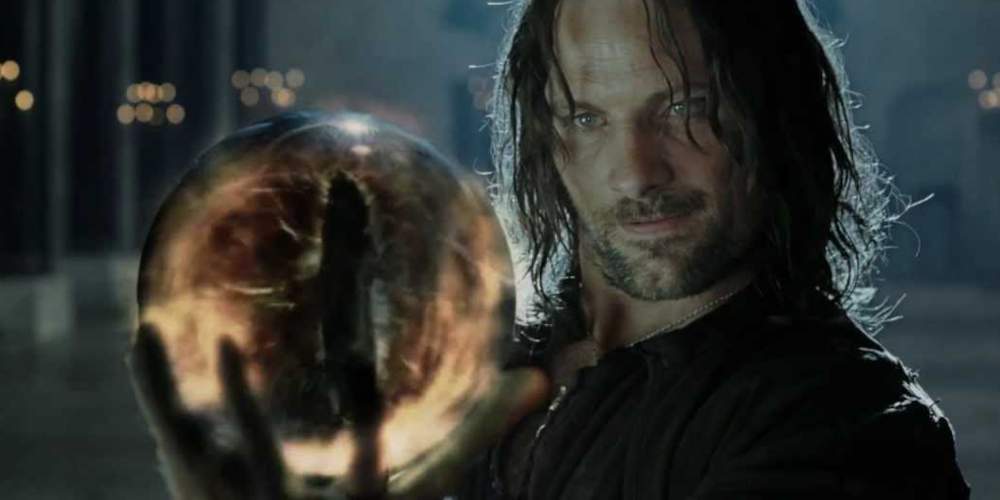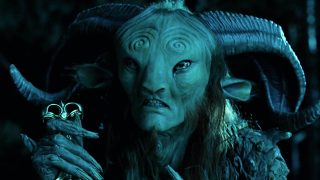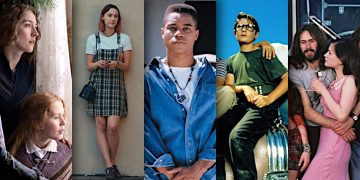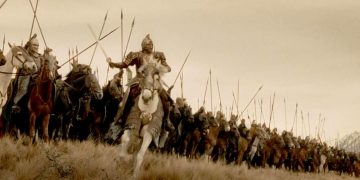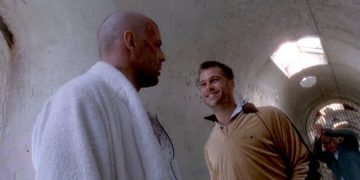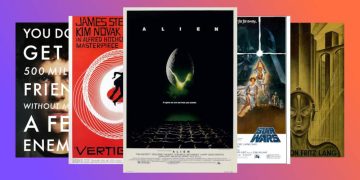One of the most unfortunate truths about mainstream filmmaking is how much influence studios and producers have over the creative process—to the point that they can distort a movie director's vision.
Sometimes, the resulting "theatrical cut" (the one shown in theaters at release) is still good. But when it's panned, studios may allow the director to release their own "director's cut" according to their original vision. Director's cuts usually go straight to DVD/Blu-ray.
But even director's cuts aren't always good. Here are all the best director's cuts ever released, showing how much better a film can be when a director is allowed to execute their vision.
12. Zack Snyder's Justice League (2021)
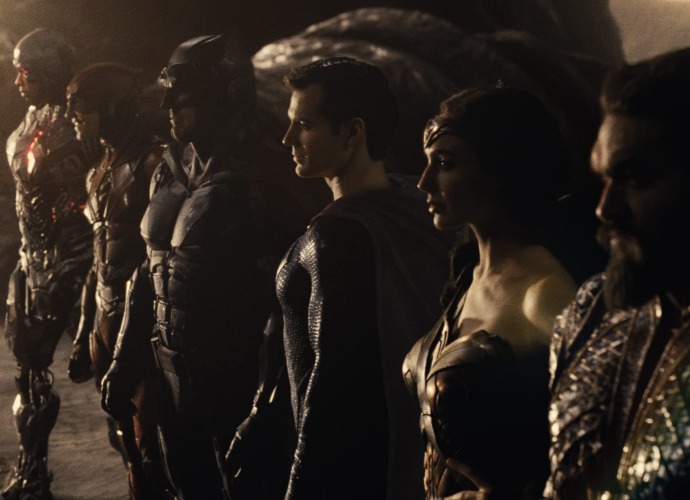
Zack Snyder's Justice League is one of the textbook examples of movie studios responding to fan reception.
At the time, the "Snyder Cut" was merely a punchline after the lukewarm release of Justice League. But when it was finally released, it removed all traces of Whedon's involvement and solidified Snyder's vision.
Despite its faults, the Snyder Cut improved many elements, particularly Ray Fisher's Cyborg (who changed from a deus ex machina to becoming the very heart of the story). Some scenes are stretched, for better or worse, but the epic scale of a Justice League movie is shown here.
11. Almost Famous (2000)
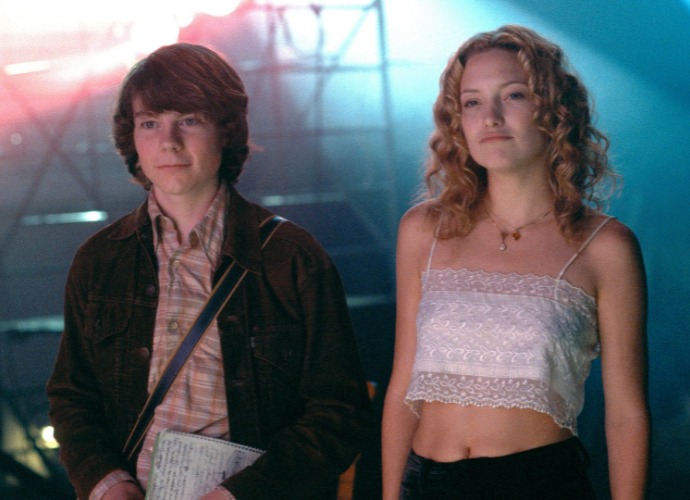
Cameron Crowe's coming-of-age tale of a teenager bonding with a touring rock band is best experienced in his "Bootleg Cut."
While not much is improved story-wise even with its added 39 minutes, it has some cool inclusions—like Philip Seymour Hoffman's Lester Bangs. His memorable role gets a needed stretch here.
One improvement that fans need to know about is the inclusion of several Rolling Stones songs, except for "Stairway to Heaven" which never made the cut despite Crowe's demands. (Instead, a watermark is shown during the scene where you can play the song yourself.)
10. Little Shop of Horrors (1986)
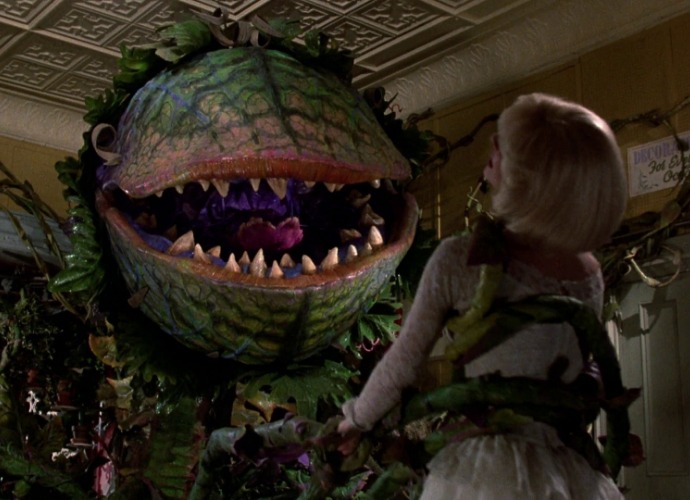
The last thing you expect from a monster-infested musical titled Little Shop of Horrors is for its horror to be cut. But after test audiences reacted negatively to the original ending, the studio pushed for a happy ending for Seymour and Audrey.
For those curious: the alternate ending in "The Director's Cut" shows Audrey II devouring both Audrey and Seymour and infesting New York City with more variants of the plant.
This stays faithful to the Broadway version and is a perfect wrap to the movie's cautionary themes. Suddenly, the film is great again!
9. I Am Legend (2007)
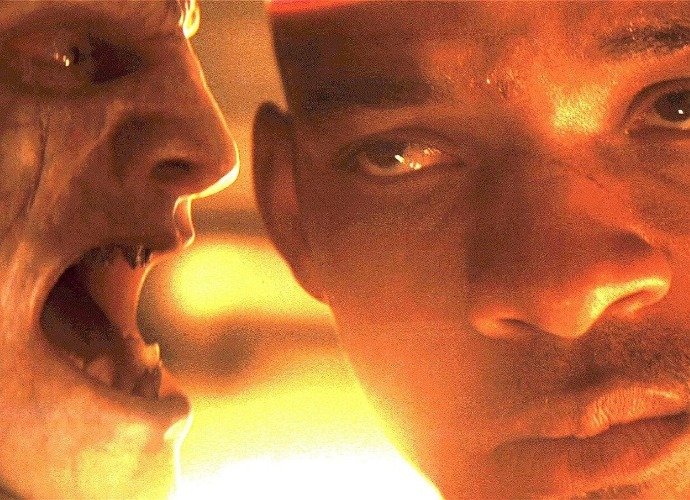
Here's another movie with a polarizing ending, with the theatrical cut of I Am Legend ending with Will Smith's Robert Langdon sacrificing himself by blowing up his lab with the Darkseekers.
At first glance, that ending seems like a fitting explosive finale. But diving a bit deeper, it's contrary to the movie's overall message.
The special edition DVD shows an alternate ending with Langdon returning a captured female Darkseeker to the alpha male Darkseeker. When the Darkseekers leave, Langdon discovers that he was the monster to them—a revelation that changes the overall experience.
8. Touch of Evil (1958)
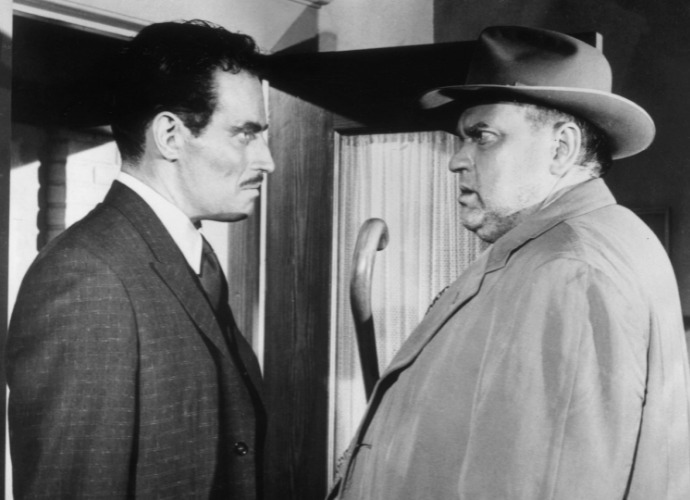
Even a powerful filmmaker like Orson Welles had his vision hampered by studios. Welles had to create a 58-page memo for his original cut to be restored—and 30 years after its release, a much more faithful version was sent out (thanks to editor Walter Murch).
Several of the changes include: omission of the credits, Henry Mancini's music during the iconic single-take opening scene, removal of Harry Keller's lobby scene, and no more cross-cutting between the main plot and Janet Leigh's subplot.
Those improvements help make the tension grow all the way up to the final scene. Remember, cuts tell the story!
7. Alien 3 (1992)
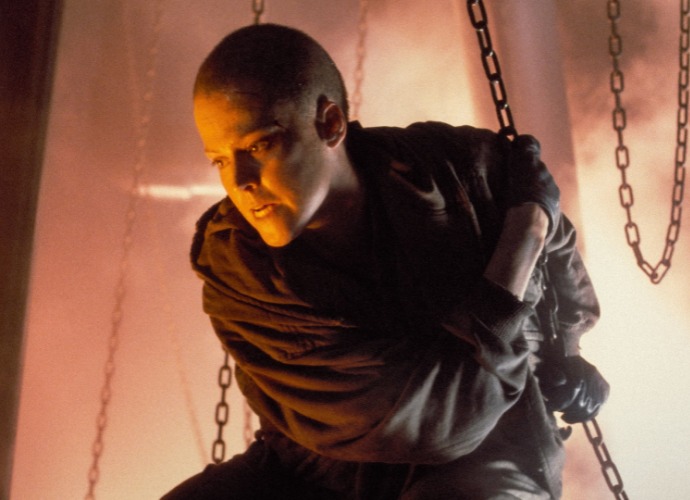
Here's one of the most notorious examples of studio interference degrading the final result of a movie.
Alien 3 faced numerous behind-the-scenes problems, including shooting without a script and bouncing from one writer to another. When it eventually landed to then-first-timer David Fincher, he still faced pressure from the studio and couldn't create out a quality movie.
An "Assembly Cut" was included with the Alien: Quadrilogy Blu-ray, which moved the film closer to Fincher's vision.
Many scenes differ in the Assembly Cut, including a revision of Ripley's landing in the Fiorina 161 and a newer tactic of the alien's re-emergence. Fincher gave his approval to the cut, despite his trauma.
6. Kingdom of Heaven (2005)
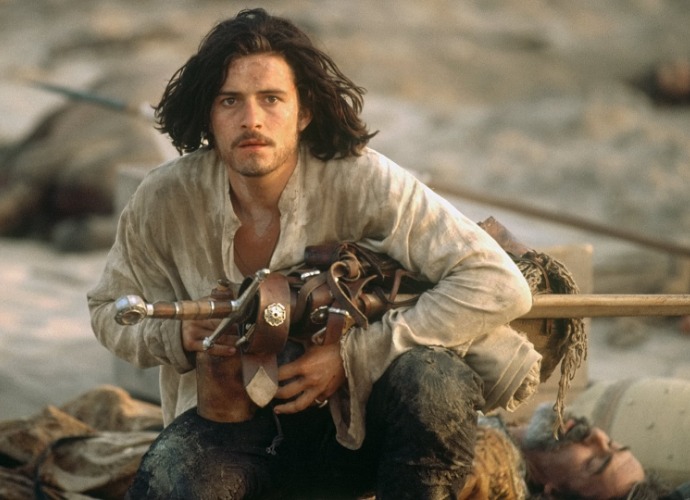
Kingdom of Heaven is one of those historical epics that came and went. But for the most truly epic version, you need to watch the "Extended Director's Cut"—it's what Ridley Scott intended in the first place.
Scott made every extension count, including deepening the backstory of Orlando Bloom's Balian, showing the tragic fate of Sybilla's son Baldwin V, and featuring a final showdown between Balian and Guy de Lusignan. In this cut, the battle scenes are also more intense and violent.
5. The Lord of the Rings (2001–2003)
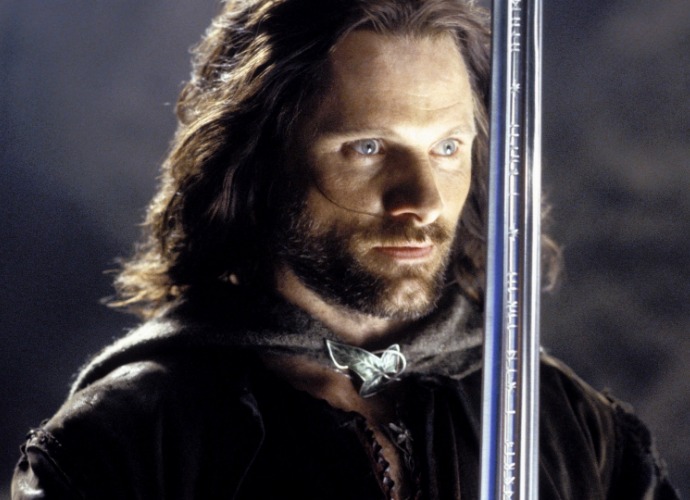
The Lord of the Rings film trilogy is a grand cinematic achievement, and any version you watch will fully immerse you in the world of Middle-Earth. But while the theatrical cuts are great, the "Special Extended Editions" are worth going through for the most complete experience.
Of the many changes, the most significant ones include: a more in-depth introduction to the Hobbits, a backstory that links Faramir to Boromir, and the on-screen depiction of Saruman's fate. These are just a small part of the richer and greater experience.
4. Apocalypse Now (1979)
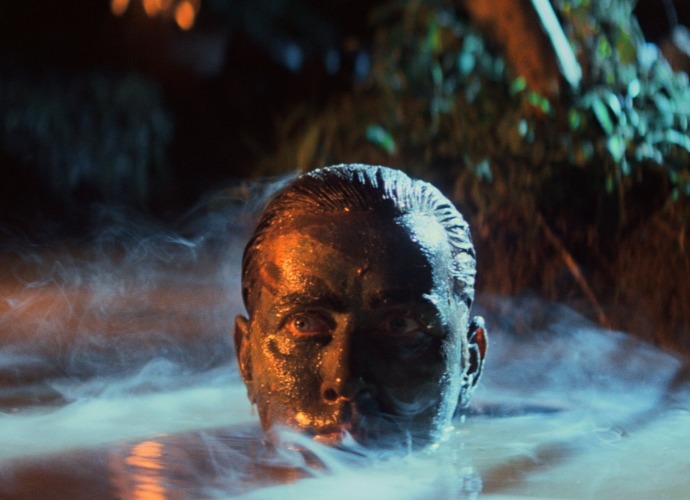
It's tough to conclude which cut of Apocalypse Now is its definitive cut—but the one that got Francis Ford Coppola's stamp of approval is the "Final Cut," which fixed the problems of "Redux." Coppola released this cut to acclaim in time for the movie's 40th anniversary.
With a runtime of 183 minutes, it's tighter and more tense. Among the scenes skipped are the second encounter with the Playmates and some bits in the plantation. The sound design is improved and the presentation is crisper. The Final Cut is the best way to watch Apocalypse Now.
3. Metropolis (1927)
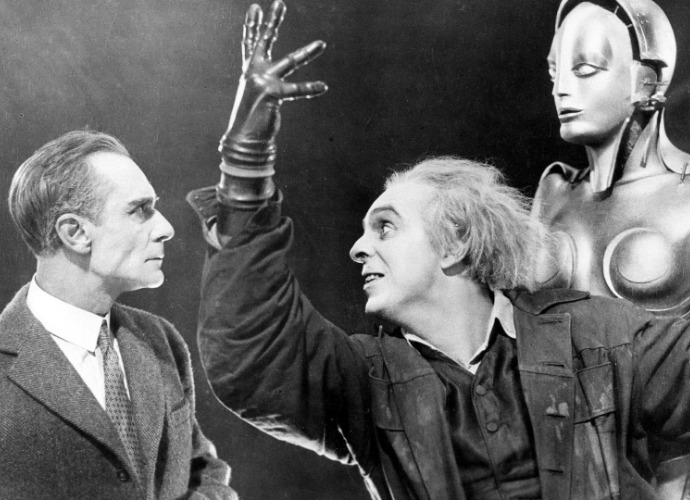
It's hard to imagine a groundbreaking science-fiction film like Metropolis being received warmly in its time. It wasn't until much later—when the original cut was restored thanks to an Argentinian producer's archived copy—that it was solidified as one of the greatest silent films ever.
This film is best watched in all its 150-minute glory. It contains additional footage that helps scenes flow well and deepen its characters. Yet, it never loses the epic scale of Fritz Lang's vision of an art deco utopia. It never feels long—it's simply one grand experience.
2. Once Upon a Time in America (1984)
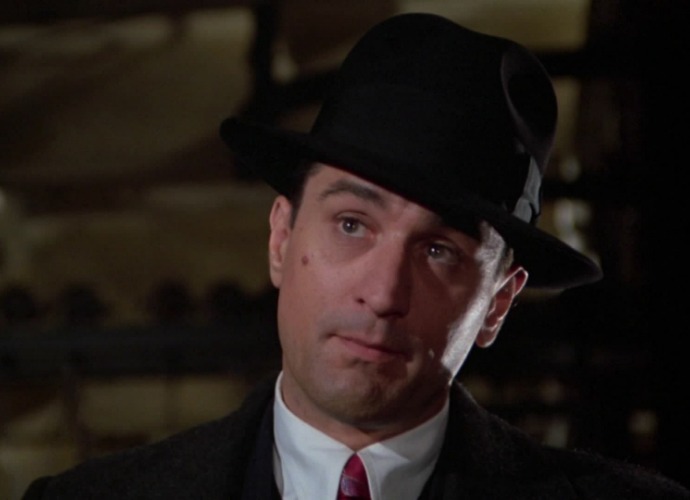
To fully tell the story of two boys who gradually rise and become the city's toughest gangsters, you definitely need more than two hours. Sadly, Sergio Leone's Once Upon a Time in America only had two hours at first release. It lacked impact and wasn't satisfying.
To get the purest experience, watch the European cut. The story and execution is at its tightest and the gritty scenes land hard, turning Once Upon a Time in America into a masterpiece. The Extended Cut that runs for 251 minutes is worth checking out too, despite its audio quality.
1. Blade Runner (1982)
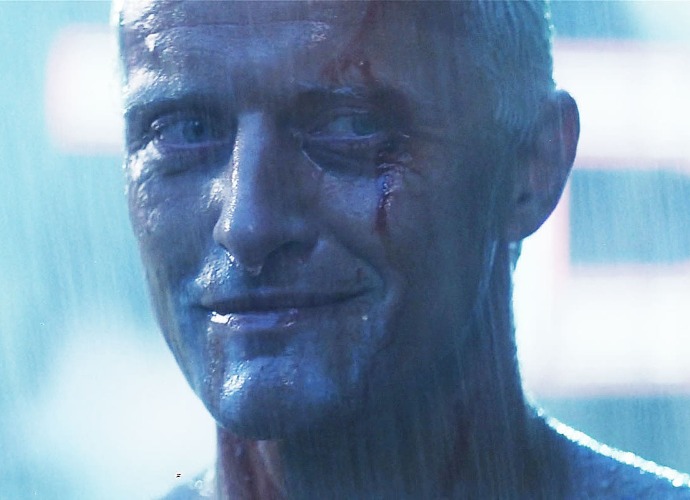
Blade Runner is a film that had many iterations, both lost and found. But between its seven available versions, only you can decide which one is truly the best and most definitive cut.
For me, the surefire version to watch is Ridley Scott's "Final Cut." With runtime of about two hours, this cut removes Rick Deckard's distracting voiceover narration and the unnecessary sunny final scene. (Both were inserted due to negative responses from test audiences.)
Thankfully, Scott's version won over fans and audiences while continuing the debate over whether Rick Deckard is a Replicant or not. But all of the cuts are great, and none of them take away from the fact that Blade Runner is a cinematic masterpiece.
